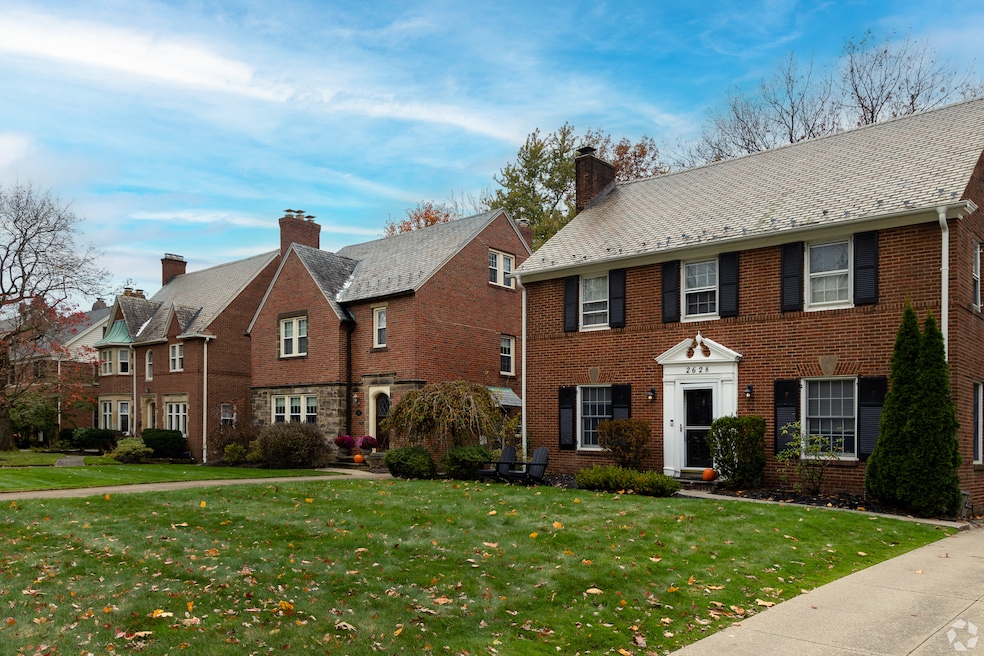Home price growth was unseasonably sluggish in October, extending a slowdown that began last month.
The cost of a home in the United States increased just 1.3% in the 12 months ended in October, bringing the median price to $385,000, according to exclusive data from Homes.com.
While that's $5,000 pricier than the same time a year earlier, it's still lower than June's price peak of $395,000.
October's data signals the onset of a slowing market after a late-summer peak in August. That comes even as mortgage rates have eased and inventory has increased, creating more opportunities for buyers.
In fact, data from Homes.com showed that there were 10.1% more new listings this October than the same time period a year ago. That brought the number of homes coming to market in October to their highest level for the month since 2021.
Taken together, those shifts have created a seemingly healthy housing market for both buyers and sellers, which could lead to "an increase in market activity," according to Brad Case, chief residential economist at Homes.com.
"With home prices growing by just 1.3% over the past year, that decline in mortgage rates means lower monthly payments," he told Homes.com in an interview. "Along with better affordability, prospective buyers are also seeing more homes to choose from ... And the ending of the federal government shutdown has removed some uncertainty that might have caused some potential homebuyers to put their plans on hold."
"Sellers are in a good situation, too," he added. "While price growth has moderated, the strong increases over the past several years mean they have much greater equity."
Midwest tops for price growth — again
Markets in the Midwest continue to experience the strongest price appreciation.
Of the 40 largest markets that Homes.com measured, only six saw price growth that exceeded 5% last month. All six of those markets are in the Midwest.
The flip side of that coin: Markets in the oversupplied Sun Belt states and unaffordable West are seeing prices fall. Places like Florida, Texas and California, in particular, saw sweeping price declines.
In October, a third of the 1,000 markets included in the Homes.com data reported a median price that was lower than a year earlier.
The geographic divergence is largely driven by the broader market conditions that Case explained, which apply especially to Midwestern markets.
"From the buyers' point of view, homes in Midwestern cities are still quite affordable relative to many cities in the Northeast and the West," he said. "From the point of view of potential sellers, though, the recent price growth in the Midwest gives them an opportunity to tap into their home equity in case it's time for them to move to another part of the country."

